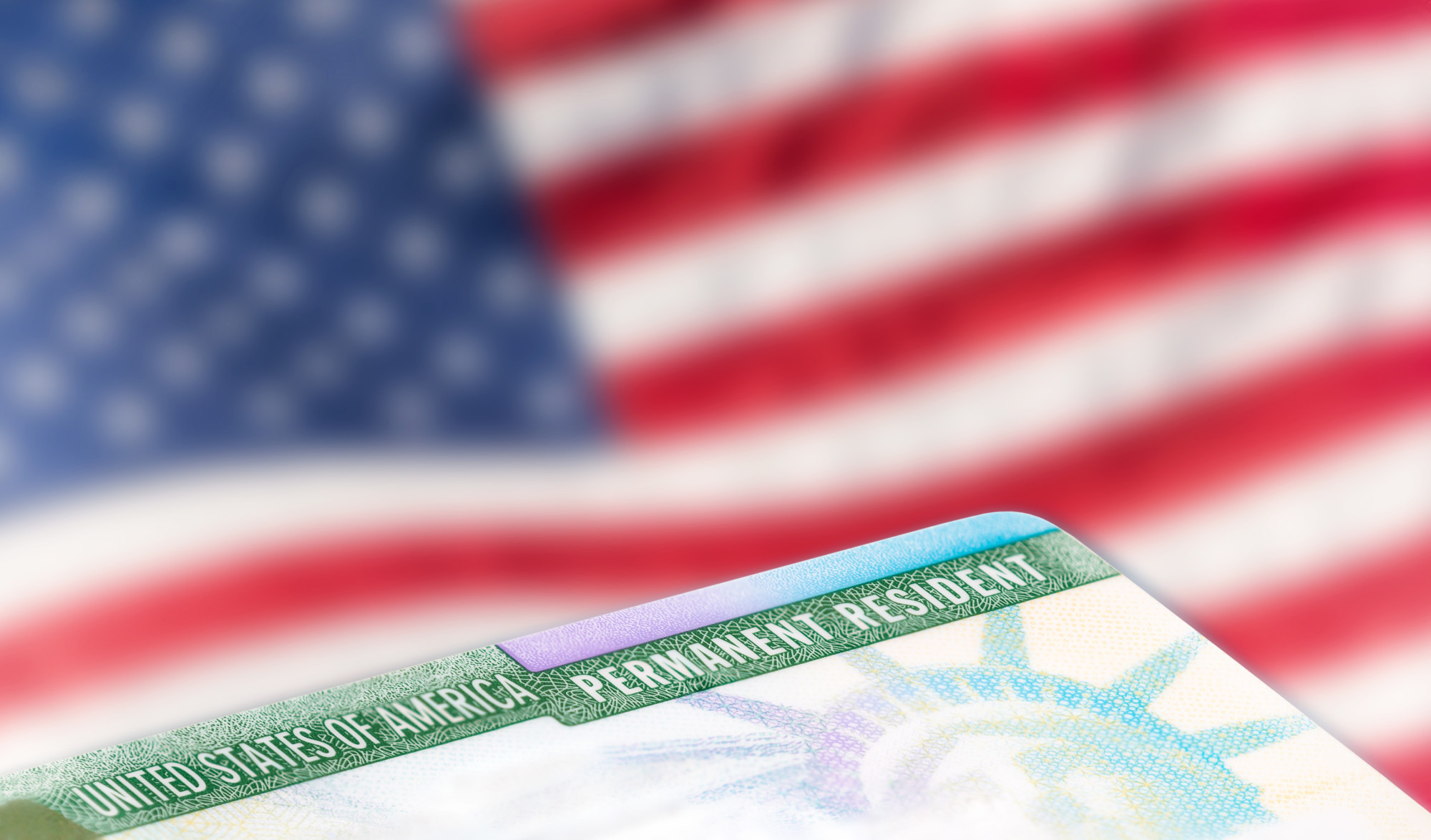After an accident, victims are often overwhelmed and confused about what to do next. Unfortunately, some things people do after a crash can hurt their chances of recovering fair compensation for their losses.
For example, telling an insurance company you are “fine” can harm your claim. Here are some important dos and don’ts to keep in mind.
Do Seek Medical Attention
Seeking medical attention is important for your health and the strength of your personal injury claim. Promptly seeking treatment creates a record of your injuries and establishes a clear connection between the accident and your damages.
Moreover, there may be injuries that are not immediately apparent and can worsen without prompt treatment. Lastly, failing to seek medical attention may give the insurance company at fault for your accident ammunition to reject your claims.
When you go to the doctor, you must follow their orders as closely as possible. This means filling prescriptions, taking all over-the-counter medications as instructed, and attending all appointments and treatments.
Also, journal how the injuries impact your life, including any pain, discomfort, and limitations you experience. Keeping these records will make it easier to prove your non-economic damages, such as loss of enjoyment of life and disability.
Do Call the Police
If you have been injured in an accident, call the police immediately. This is not only required by law in some states, but it will help you during the insurance claims process. Be careful about what you say to the police officer, however. Your statements can be used against you later in court if your case goes to trial.
Thoroughly document the scene, including all witness information (full names, addresses, and phone numbers) and any pictures you can take of the vehicles involved in the crash. Also, take down the name and badge number of the responding officer – this will be useful in obtaining a copy of the police report later on.
Remember that agreeing to settle the claim before reaching maximum medical improvement can limit your financial compensation. Consult with an experienced personal injury attorney Baltimore, MD, about your case before making any settlement offers.
Do Keep a Journal
As your recovery progresses, you may find it difficult to remember the details of your injuries and how they affect you. Keeping a journal can help.
It is a good idea to start writing in your journal as soon as possible after the accident before memories fade. Journal entries can include the pain you experience (rated on a scale from 1 to 10), how often you feel it, and what activities trigger it.
It is also helpful to note any recurring issues that develop, such as difficulty driving or sleeping, and how your injury impacts your everyday life. This helps your accident attorney illustrate your need for compensation.
In addition, your diary entries may corroborate witness accounts and serve to strengthen your claims. However, be honest and do not overstate your experience. All entries in a personal injury journal will likely be seen by an opposing party’s attorney or insurance company.
Do Contact an Attorney
Unless you are an expert in personal injury law, it is best to consult a lawyer before speaking to insurance companies. They are very vested in closing your case quickly and paying you as little as possible or nothing at all.
Follow medical advice and keep up with all recommended treatments. This is important for both your health and your legal claim. Documentation of compliance with medical treatment is vital in proving the extent and duration of your injuries.
Avoid exaggerating your injuries or damages. This can backfire and hurt your case in the end. Your attorney can provide accurate assessments and estimates of your damages.
Be careful not to rush into hiring the first attorney you see online or in a newspaper advertisement. Exercise due diligence and engage in consultative interviews with several attorneys. Compare their reputation, track record, and personal handling of similar cases. This conscientious approach should offer a clear choice that will benefit your claim.







